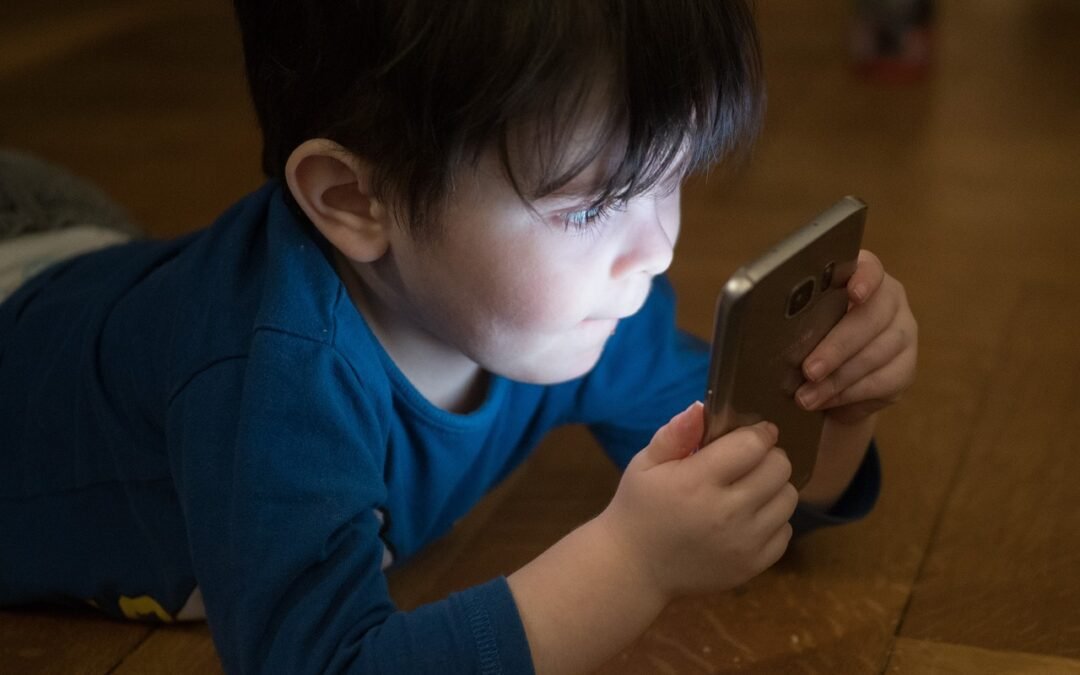Before we begin a short discussion on recent trends in screen time in kids and the physical and developmental risks of excess screen time, let me say that I am not against technology or screen time all together. There are great qualities in technology and the use of technology can make our lives better.
We must recognize that a balance of our use of screens and technology must be reached in our ever evolving technological society. Also, the saying goes, it takes a village to raise a child. What is happening with screen time and kids is also a societal issue that we must work on to change for the better together. This is our next generation and we as adults have a responsibility to help them.
With that being said, what are the recent trends in screen time in kids?
Jean Rogers, the director of the Screen Time Action Network, takes a look at the research to help parents and professionals reduce screen time for kids and promote creative play.
The pandemic saw an increase in the use of screen time. A study in 2020 called, “Parenting Children in the Age of Screens”, saw that two-thirds of parents mentioned parenting is harder than it was 20 years ago. They blamed screens and social media as the reason. The study was repeated in 2021 and showed that 72 percent of parents shared that kids were spending more time on devices.
There was an increase in video games of 20 percent, and more time on smartphones with a 40 percent increase from prior to the pandemic. Unfortunately, it looks that those trends are not subsiding. The observation is that habits have been formed. These habits are formed developmentally in kids and in families.
The Physical and developmental risks of excess screen time in kids:
There are different categories of risks of excess screen time. They comprise physical, mental, behavioural and emotional effects.
Some of the physical effects that are being seen with increased screen time are the risk to the eyes. Myopia is developing in younger ages and ophthalmologists will tell you more kids are getting glasses at a younger age. What is a little scary is that they are seeing macular degeneration as well. This is an elderly disease and it is now being seen in young people. There is an increase in overweight and diabetic children, and speech and language delays. The American Speech-Language-Hearing Association says that for every hour of screen time in infancy, they see language delays at three years of age.
In the developmental areas, including mental, behavioural and emotional effects, children can miss milestones. Time in front of screens is taking away from other time that is needed to help development. One area is family time. Kids need key bonding time with parents. Without it, there can be attachment disorders. A lack of face time with caring adults may lead to bonding issues that can create other problems.
Empathy is another area being studied. Looking at screens is two-dimensional and the content that kids are seeing can sway them to one side or the other. They are also not making as much eye contact. Being on a screen is taking away from other time spent doing things in a three-dimensional world. One way to build empathy is being out in nature. Going for walks, spending time with animals, going to the park have shown to improve empathy. Check out Children and Nature Network where they look at this.
The take away from this is that we have to be careful how we are shaping our children, our next generation.
Resources that parents can use to help kids: ScreentimeNetwork.org

